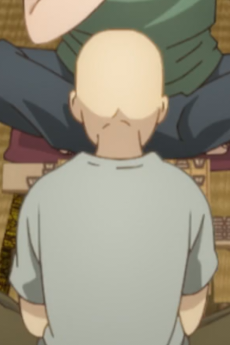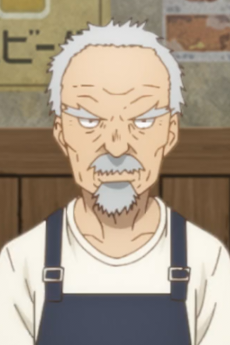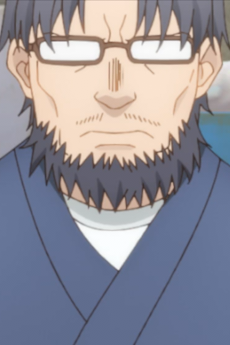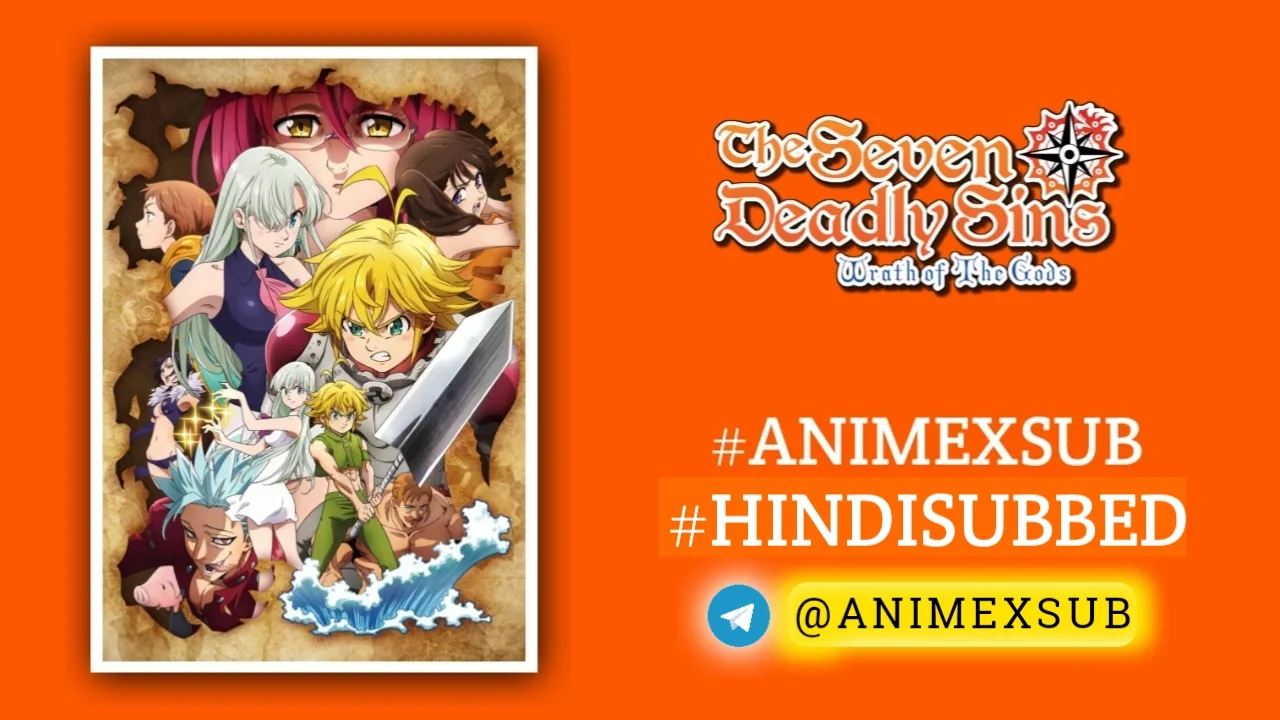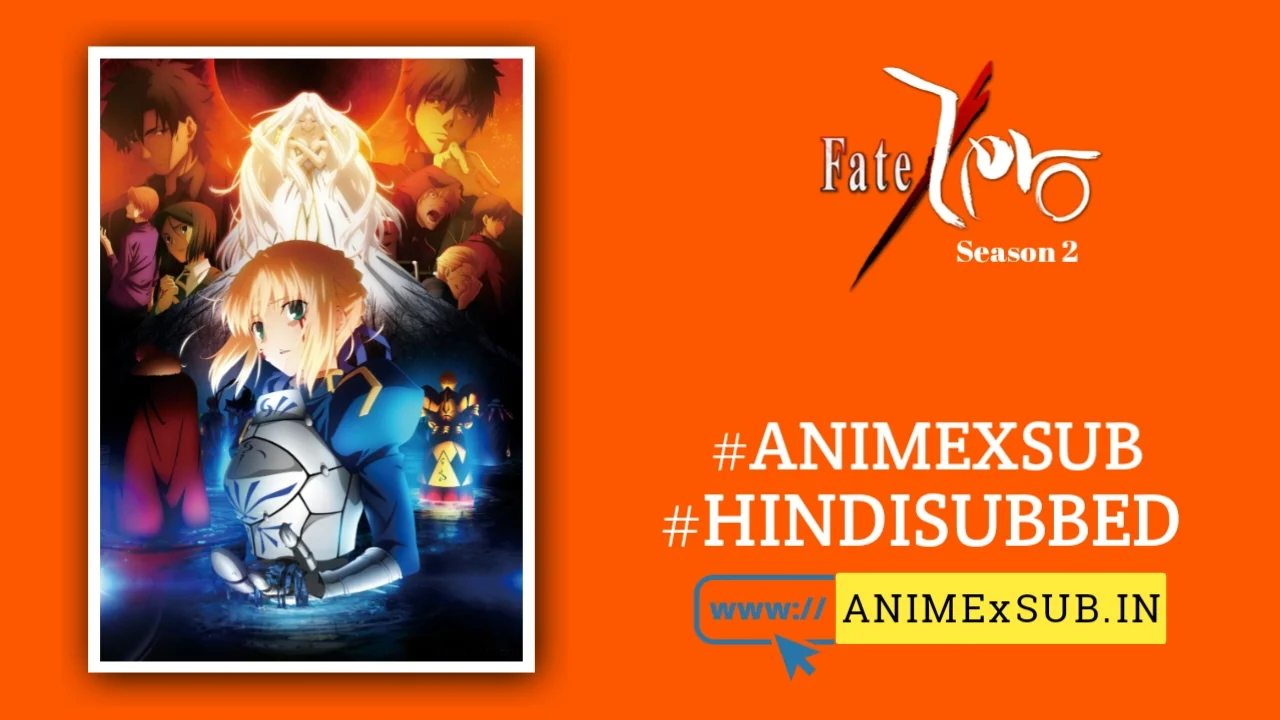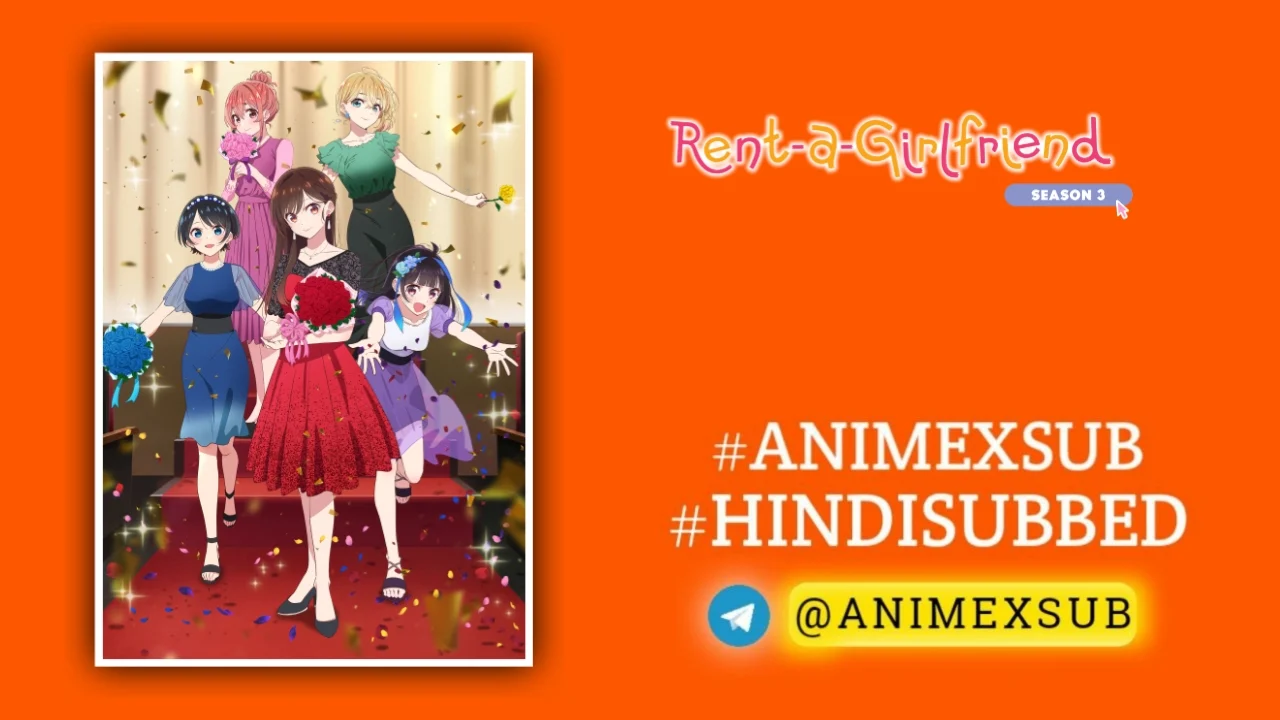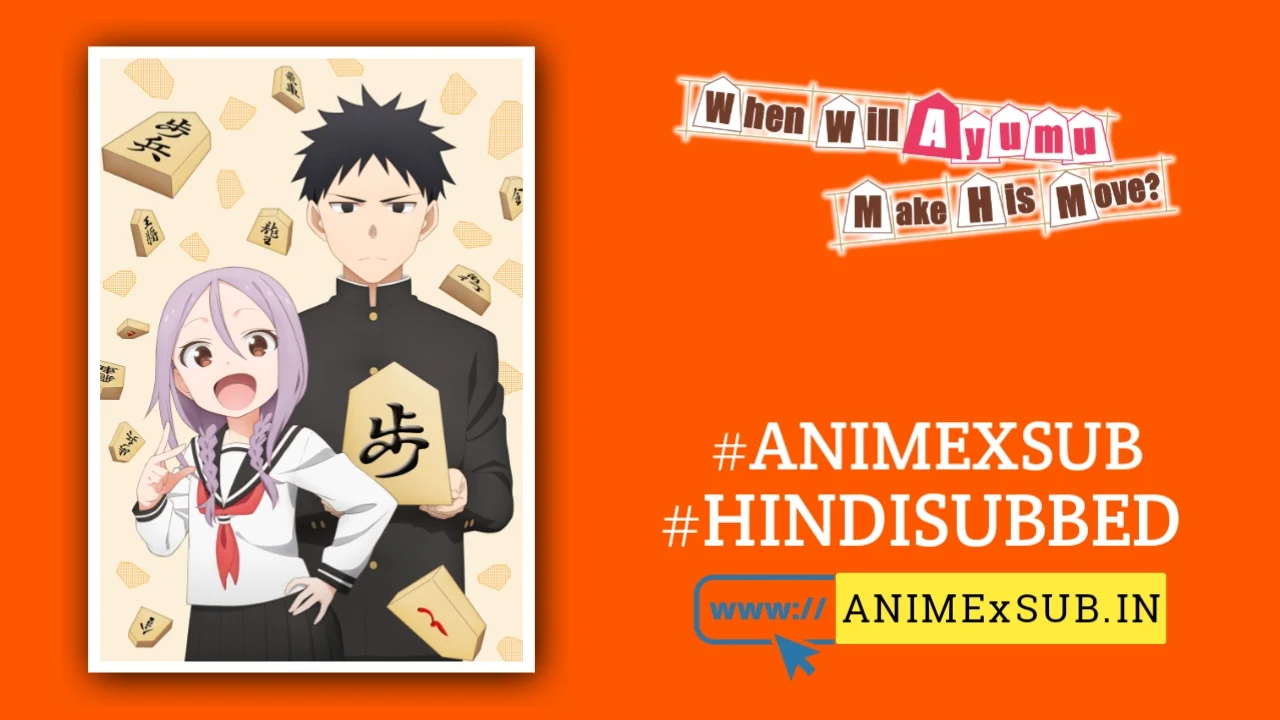
When Will Ayumu Make His Move? Season 1 Hindi Subbed [12/12] | Soredemo Ayumu wa Yosetekuru Hindi Sub

Soredemo Ayumu wa Yosetekuru
When Will Ayumu Make His Move?Synopsis
Ayumu Tanaka just fell in love at first sight with Urushi Yaotome, the head of the illegitimate Shogi Club, and joined the Shogi Club! But Ayumu has vowed not to confess his feelings until he can best Urushi, and he has a long way to go before he can stand up to her strategic brilliance. As Ayumu strives to beat his crush and confess, love becomes a battlefield both on and off the shogi board while audiences wonder, “When will Ayumu make his move!?” (Source: Sentai Filmworks)
Watch Trailer
Characters
When Will Ayumu Make His Move? Season 1: A Subtle Dance of Hearts and Shogi
“When Will Ayumu Make His Move?” (also known as Soredemo Ayumu wa Yosetekuru), a 12-episode anime that aired from July 8 to September 23, 2022, is a quiet yet captivating entry into the romantic comedy genre. Adapted from Sōichirō Yamamoto’s manga, serialized in Weekly Shonen Magazine, this Studio SILVER LINK production weaves a delicate narrative around shogi, unrequited feelings, and the awkward charm of youth. This review dives deep into Season 1, exploring its unique strengths, subtle flaws, and the cultural nuances that make it a standout, while drawing parallels to the hypothetical role of a private tutor in its storytelling—without veering into promotional territory. Expect an analysis that’s as layered as a shogi endgame, with fresh insights into character dynamics, thematic depth, and narrative execution.
The Premise: A Shogi Board of Romantic Strategy
At its core, When Will Ayumu Make His Move? is a story about restraint and ambition. Ayumu Tanaka, a first-year high school student and former kendo champion, joins the unofficial Shogi Club for one reason: to win the heart of its sole member and president, Urushi Yaotome. But Ayumu imposes a self-inflicted challenge—he won’t confess his feelings until he defeats Urushi in a shogi match. This vow sets the stage for a series of lighthearted yet poignant interactions, as Ayumu, a beginner at shogi, faces off against the far more experienced Urushi, whose skill and playful demeanor keep him perpetually on the back foot.
The premise is deceptively simple, but it’s executed with a finesse that mirrors a well-played shogi game. Each episode unfolds like a single move on the board, with Ayumu inching closer to his goal, not through grand gestures but through small, earnest steps. The show’s pacing, much like shogi itself, is deliberate—some might say slow—but it rewards viewers who appreciate subtlety over spectacle.
A Private Tutor’s Lens: Teaching Patience and Precision
If we imagine a private tutor analyzing When Will Ayumu Make His Move?, their role would parallel the dynamic between Ayumu and Urushi. A tutor, in essence, guides a student through complex material, fostering growth through patience, repetition, and tailored feedback. Similarly, Urushi unwittingly becomes Ayumu’s “tutor” in both shogi and emotional vulnerability. She doesn’t just teach him the rules of the game; she challenges him to confront his own rigidity, much like a tutor might push a student to rethink a flawed approach to problem-solving.
This metaphor extends to the show’s thematic core. Ayumu’s insistence on winning a shogi match before confessing reflects a mindset that values measurable achievement over emotional risk. A tutor might point out that Ayumu’s self-imposed rule is both his greatest strength and his biggest obstacle—a lesson in balancing discipline with flexibility. Urushi, meanwhile, embodies the ideal tutor: encouraging, perceptive, and just challenging enough to keep Ayumu engaged without overwhelming him. Their dynamic highlights a universal truth: growth, whether in academics or emotions, requires vulnerability and the courage to fail.
Strengths: Wholesome Chemistry and Subtle Humor
The heart of When Will Ayumu Make His Move? lies in its two leads, Ayumu and Urushi, whose chemistry is both endearing and authentic. Ayumu’s stoic demeanor contrasts beautifully with his bold, often unintentional flirtations, which leave Urushi flustered and blushing. Urushi, voiced with infectious warmth by Kanna Nakamura, is a delightful mix of confidence and shyness, her reactions to Ayumu’s compliments providing some of the show’s funniest moments. Their interactions feel like a dance—Ayumu advances with a straight-faced compliment, Urushi parries with a teasing retort, and the cycle repeats with slight variations that keep it fresh.
The show’s humor is understated but effective, relying on character-driven gags rather than slapstick. For instance, Ayumu’s deadpan delivery of lines like “Your smile is too powerful” catches Urushi off guard, creating comedic tension that feels organic. The shogi matches themselves are a clever narrative device, serving as both a literal and metaphorical battleground for their feelings. Each game is peppered with lighthearted banter, and the show wisely avoids bogging down viewers with overly technical shogi jargon, making it accessible even to those unfamiliar with the game.
Visually, Studio SILVER LINK delivers a clean, if unremarkable, aesthetic. The character designs, reminiscent of Yamamoto’s earlier work Teasing Master Takagi-san, are simple yet expressive, with Urushi’s wide-eyed reactions stealing the show. The opening theme, “Kakehiki wa Poker Face” by Kana Hanazawa, is a catchy highlight, its playful tone perfectly capturing the series’ vibe. The ending theme, “50 cm” by Kanna Nakamura, adds a touch of intimacy, reflecting the small but significant distance between Ayumu and Urushi’s hearts.
Flaws: Repetition and Missed Opportunities
While the show’s simplicity is part of its charm, it’s also its biggest limitation. The repetitive structure—Ayumu loses a shogi match, flirts with Urushi, gets flustered, repeat—starts to wear thin by the midway point. The lack of significant plot progression or external events means the narrative relies heavily on the leads’ chemistry to carry it through 12 episodes. For some, this will feel cozy and focused; for others, it risks monotony, especially when compared to Takagi-san, which benefits from a broader cast and more varied scenarios.
The supporting characters, such as Rin Kagawa and Takeru Kakuryu, feel underutilized. Rin, a kendo enthusiast with a crush on Ayumu, adds a hint of romantic tension, but her arc is underdeveloped, serving more as a plot device than a fully realized character. A private tutor might compare this to a student who skims the surface of a subject without diving deeper—there’s potential for richer storytelling, but the show doesn’t fully commit. Similarly, the shogi club’s “unofficial” status is mentioned but never explored, missing a chance to flesh out the school setting or introduce stakes beyond Ayumu’s personal goal.
The ending, without spoiling specifics, feels inconclusive, leaving viewers with a sense of “what now?” rather than closure. While this aligns with the manga’s ongoing nature at the time, it can frustrate those expecting a self-contained season. A tutor might advise the writers to introduce more dynamic challenges or milestones to give the narrative a stronger sense of forward momentum.
Cultural Nuances: Shogi as a Mirror for Restraint
One of the show’s most compelling aspects is its use of shogi as a metaphor for Ayumu’s emotional journey. In Japanese culture, shogi is more than a game—it’s a test of strategy, patience, and foresight, qualities that Ayumu must cultivate both on and off the board. His vow to win before confessing reflects a distinctly Japanese emphasis on discipline and merit, where personal achievement often precedes personal desires. This cultural context adds depth to what might otherwise be a standard rom-com setup, making Ayumu’s struggle feel both universal and uniquely grounded.
For international viewers, the show offers a subtle window into Japanese high school life, from the clubroom setting to the understated expressions of affection. Unlike Western rom-coms, which often lean on grand declarations, When Will Ayumu Make His Move? thrives on what’s unsaid—the glances, the blushes, the small gestures that carry weight. A tutor analyzing this might draw parallels to teaching cross-cultural communication, where understanding unspoken cues is as important as mastering explicit skills.
Why It Stands Out: A Study in Subtlety
What sets When Will Ayumu Make His Move? apart from other rom-coms is its commitment to restraint. In an era where anime often leans on exaggerated tropes or fan service, this series feels refreshingly grounded. Ayumu and Urushi’s relationship is built on mutual respect, not contrived misunderstandings or forced drama. Their slow-burn romance captures the awkward beauty of teenage love, where every interaction feels monumental yet fleeting.
The show also excels at portraying vulnerability without mockery. Ayumu’s stoicism isn’t played for laughs; it’s a shield for his genuine feelings, which he reveals in bursts of sincerity that catch both Urushi and the audience off guard. Urushi, meanwhile, isn’t reduced to a manic pixie dream girl or a tsundere stereotype—she’s a fully realized character with her own insecurities and strengths. This balance makes their dynamic feel real, like two people fumbling toward connection in a way that’s relatable to anyone who’s ever had a crush.
Who Should Watch It?
When Will Ayumu Make His Move? is best suited for viewers who enjoy character-driven stories and don’t mind a leisurely pace. Fans of Teasing Master Takagi-san will find familiar ground, though this series feels less polished and more intimate. If you’re looking for high-stakes drama or intricate plotlines, you might find it lacking, but if you appreciate quiet moments of connection—think Horimiya or My Teen Romantic Comedy SNAFU with a lighter touch—this is worth a watch.
A private tutor might recommend this series to a student as a case study in perseverance and emotional intelligence. Ayumu’s journey teaches that progress, whether in shogi or relationships, comes from consistent effort and self-reflection, not instant success. It’s a lesson that resonates beyond the screen, applicable to any pursuit requiring patience and growth.
Final Verdict: A Gentle Checkmate
When Will Ayumu Make His Move? Season 1 is a charming, if understated, addition to the rom-com genre. Its strengths lie in its wholesome leads, clever use of shogi as a narrative device, and a refreshing lack of melodrama. While its repetitive structure and underdeveloped side characters prevent it from reaching the heights of its peers, it’s a heartfelt exploration of young love and self-imposed challenges. Like a shogi game, it’s not about the final move but the journey to get there—one small, deliberate step at a time.
Score: 7.5/10 – A sweet, low-key gem that rewards patience but leaves you wanting a bolder follow-through.
Sources: Insights drawn from reviews on MyAnimeList, Anime News Network, and Pinned Up Ink, with additional context from the manga’s serialization history.
Support Our Anime Community!
Love watching the latest anime? Help us keep uploading new episodes by join telegram channel ❤️
Join Now!

